Beauty News, Biocidin Botanicals
Unlocking the Benefits of Spore-Based Probiotics: A Deep Dive
Ever caught your child or pet munching on dirt and wondered why? While it might initially seem alarming, there’s an evolutionary perspective that suggests there could be some health advantages to such behaviors. The answer? Spore-based probiotics.
Understanding Spore-Based Probiotics
Spore-based probiotics, also termed as soil-based organisms (SBO), are minute entities resulting from bacteria present in natural soil. Historically, before the times of industrial farming and contemporary sanitization methods, our ancestors consumed these beneficial SBOs through naturally sourced food and water.
These SBOs play a pivotal role in sculpting our microbiomes, infusing it with varied beneficial bacteria which bolster our immune responses and promote general health. Moreover, they can enhance nutrient absorption, regulate bowel functions, and decrease digestive issues such as bloating and gas.
Why Supplement with Spore-Based Probiotics?
Given modern food processing and purification techniques, the intake of SBOs through diet has diminished. Enter spore-based probiotic supplements.
However, when navigating the vast world of probiotics, it’s vital to distinguish between traditional and spore-based varieties.
A Spotlight on Spore Resilience
These spores are nature’s soldiers, designed to brave harsh environments – even the tumultuous journey through our stomach acids. Their resilience emerges from their ability to form endospores, nature’s most hardy cell types.
Evidence of this resilience? Bacillus spores have been extracted from ancient amber that dates back over 25 million years. These spores, equipped with a hydrophobic outer layer, safely traverse the gastrointestinal tract, resisting threats from stomach acids, light, heat, and other environmental factors. This ensures they flourish and germinate at the right location – our small intestines.
Comparing Spore-Based and Traditional Probiotics
Here’s the differentiation: Spore-based probiotics remain stable on shelves, while their traditional counterparts often need refrigeration. Traditional probiotics face the challenge of surviving the harsh conditions of our stomach before reaching their destination in the gut. Moreover, once there, they compete with native bacteria for colonization.
In contrast, spores recondition the gut, fostering microbial diversity and aiding the proliferation of essential bacteria.
Spotlighting Renowned SBOs
Beyond gastrointestinal health, SBOs impart a spectrum of health advantages. For instance, Bacillus species influence immune responses, hormonal equilibrium, and even heart health
Among the many species in the Bacillus genus, few are employed as probiotics. Let’s delve into three strains that have been the focus of modern research:
-
Bacillus coagulans MTCC 5856 (LactoSpore): This strain has shown significant benefits for various gastrointestinal conditions. Furthermore, its positive impact on mood was highlighted in a clinical trial involving individuals with IBS and major depressive disorder.
-
Bacillus Subtilis DE111: Traditionally utilized in specific fermented foods, this strain is pivotal for digestion and immune health. It’s also shown promising results in enhancing the microbiome diversity in children.
-
Bacillus clausii SC108 (Munispore): Found in whole grains and fermented items, Munispore is remarkable for its robust antioxidant profile and immune modulation.
Incorporating Spores in Daily Life
Spore-based probiotics, once an essential part of our daily intake, have re-emerged as potent supplements for maintaining holistic health. Their durability and therapeutic impact across various body systems make them worthy of consideration in our daily supplement stack.
So, next time you think of probiotics, remember these tiny powerhouses.
And rest assured, you won’t need to eat any dirt!
Sources
- https://youthandearth.com/blogs/blog/what-are-spore-based-probiotics-let-s-dig-in
- https://www.ncbi.nlm.nih.gov/pmc/articles/PMC5502041/
- https://pubmed.ncbi.nlm.nih.gov/34408741/
- https://www.ncbi.nlm.nih.gov/pmc/articles/PMC8006270/
- https://pubmed.ncbi.nlm.nih.gov/26922379/
- https://www.ncbi.nlm.nih.gov/pmc/articles/PMC6034030/
- https://www.jcrsmed.org/article.asp?issn=2455-3069;year=2016;volume=2;issue=2;spage=65;epage=72;aulast=Suva
- https://www.longdom.org/open-access/the-effect-of-embacillus-subtilisem-de111-on-the-daily-bowel-movement-profile-for-people-with-occasional-gastrointestina-36720.html
- https://www.wageningenacademic.com/doi/10.3920/BM2020.0022
- https://www.ncbi.nlm.nih.gov/pmc/articles/PMC9962608/
- https://pubmed.ncbi.nlm.nih.gov/27291780/





















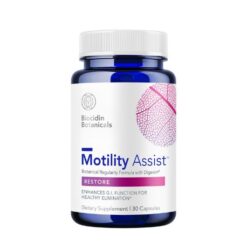

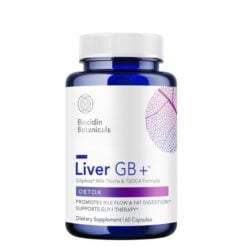
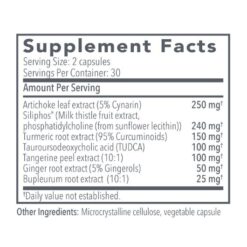


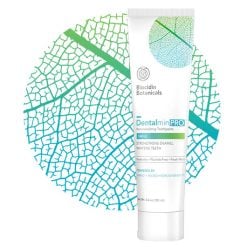
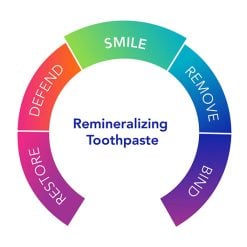
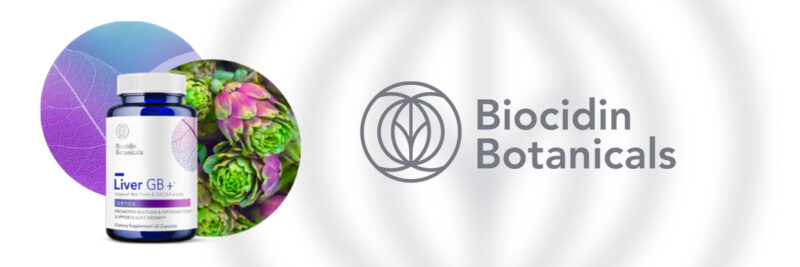






 Beauty Products
Beauty Products By Skintype
By Skintype Brands A-Z
Brands A-Z Wellness
Wellness Health / Nutrition
Health / Nutrition